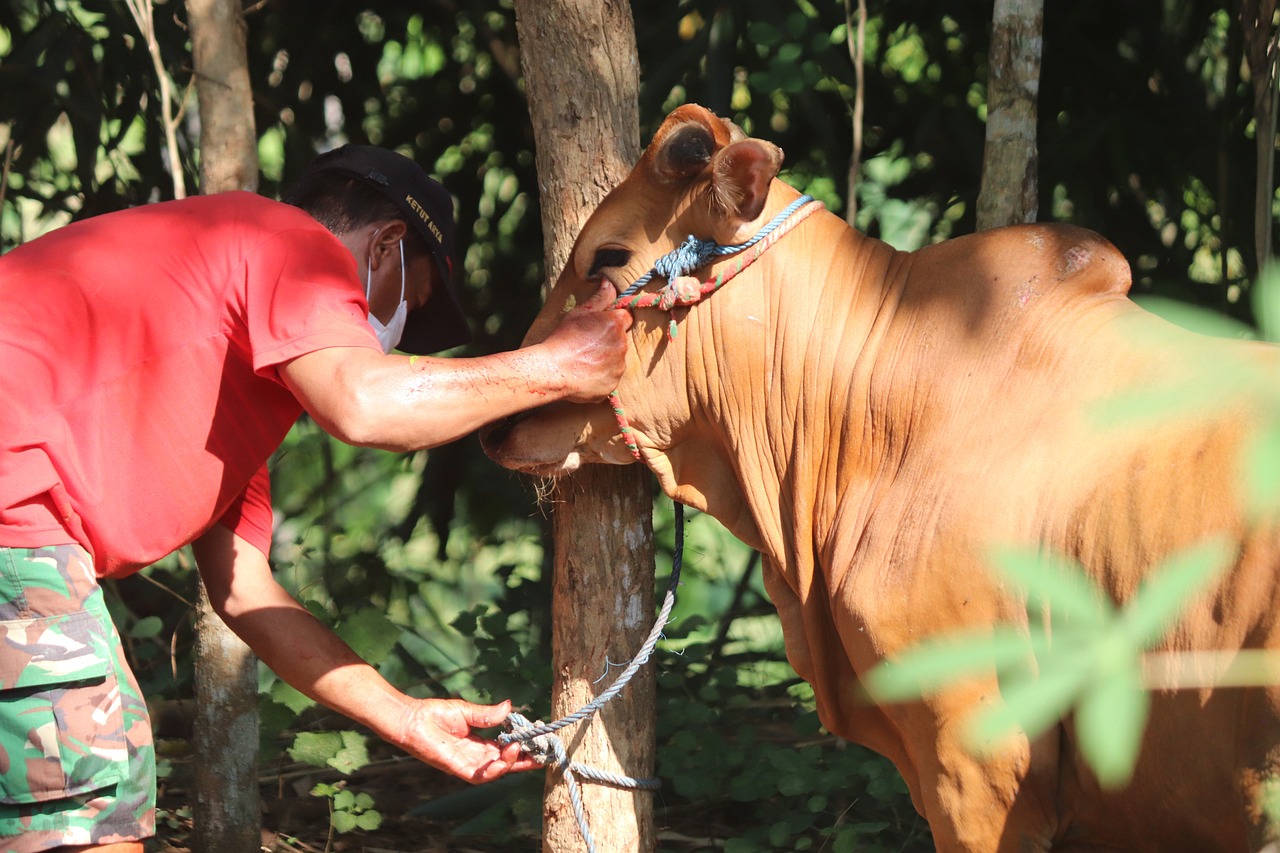Eid ul Adha is one of the most important festivals in Islam, holding a deep meaning in charity and sacrifice. This joyous celebration reminds Muslims of Prophet Abraham (Peace be Upon Him) and his willingness to sacrifice his beloved son for Allah (SWT). Eid ul Adha emphasizes the importance of compassion, selflessness, and giving back to the community. Through ritualistic sacrifice and acts of charity, Eid ul Adha serves as a reminder of the values that unite people and fosters empathy.
Significance of Sacrifice in Eid ul Adha
Eid ul Adha is deeply rooted in the historical event regarding Prophet Abraham (Peace be Upon Him) and his willingness to sacrifice his son for Allah (SWT). This festival occurs annually, reminding Muslims of Prophet Abraham’s (Peace be Upon Him) obedience to Allah (SWT). The concept of sacrifice extends beyond the physical act, symbolizing trust and devotion to the Lord of the Universe.
Prophet Abraham’s (Peace be Upon Him) steadfast faith and obedience to Allah (SWT) shows what complete submission to Allah (SWT) looks like. Additionally, sacrificing an animal symbolizes the ultimate act of sharing and giving. Eid ul Adha serves as a reminder of the importance of sacrifice and how caring for the less privileged is necessary.
The Essence of Charity in Eid ul Adha
The essence of charity for Eid ul Adha is a fundamental pillar of Islam. During Eid ul Adha, charity takes on a new meaning. One type of charity is Zakat ul Fitr, playing a vital role in assisting the less fortunate in the form of food or wealth before Eid prayers. Furthermore, acts of kindness and charity are actively practiced during Eid ul Adha.
Distributing food and feeding the poor is important, as it reflects compassion and generosity. Moreover, giving gifts and clothes further enhances the sense of solidarity and goodwill within the community.
Donating resources and money to charitable organizations is encouraged, as it has a far-reaching impact on uplifting individuals and communities. The practice of charity during Eid ul Adha positively impacts individuals and society, fostering a sense of social responsibility, unity, and empathy. Keeping this in mind, if you would also like to do your part, feel free to check out the link below:
Waqf Qurbani for Eid ul Adha 2023
Celebration and Rituals of Eid ul Adha
The celebration of Eid ul Adha encompasses several traditions and rituals, including cleaning and decorating homes and buying new clothes. The day commences with special prayers as Muslims come together to express their gratitude and seek blessings from Allah (SWT). But the most important ritual involves sacrificing animals, mostly cows, goats, or sheep, to symbolize the act of obedience portrayed by Prophet Abraham (Peace be Upon Him).
The sacrificial meat holds great significance as it is equally distributed amongst friends, family, and the less fortunate. Sharing this sacrificial meat symbolizes sharing blessings and caring for others, strengthening the bonds of social cohesion and kinship.
Eid ul Adha is a Time of Reflection and Renewal
Eid ul Adha serves as a time for renewal and reflection, giving Muslims the unique opportunity for spiritual growth and personal introspection. The festival encourages Muslims to think carefully before they act and work towards developing a strong relationship with Allah (SWT). This period of self-reflection gives Muslims the wisdom they need to seek forgiveness, assess their devotion, and work toward self-improvement. Thankfulness and gratitude are encouraged during Eid ul Adha, as it is one of the many appropriate times to express appreciation for Allah’s (SWT) blessings.
The lessons learned from Eid ul Adha can be applied in daily life. The act of sacrifice reminds Muslims about the importance of letting go of personal attachments and performing acts of charity to promote compassion and empathy. These valuable lessons serve as guiding principles to lead a virtuous and fulfilling life beyond the festivities observed during Eid ul Adha.


Useful Information. Thanks for sharing
Masha Allah